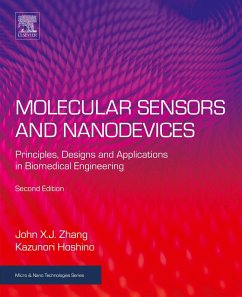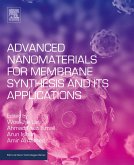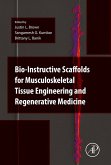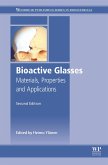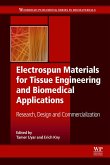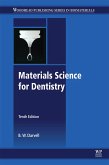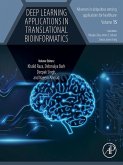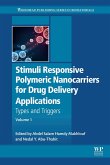- Covers the fundamental principles of device engineering and molecular sensing, sensor theories and applications in biomedical science and engineering
- Introduces nano/micro fabrication techniques, including MEMS, bioMEMS, microTAS and nanomaterials science that are essential in the miniaturization of versatile molecular sensors
- Explores applications of nanomaterials and biomaterials, including proteins, DNAs, nanoparticles, quantum dots, nanotubes/wires and graphene in biomedicine
Dieser Download kann aus rechtlichen Gründen nur mit Rechnungsadresse in A, B, BG, CY, CZ, D, DK, EW, E, FIN, F, GR, HR, H, IRL, I, LT, L, LR, M, NL, PL, P, R, S, SLO, SK ausgeliefert werden.

